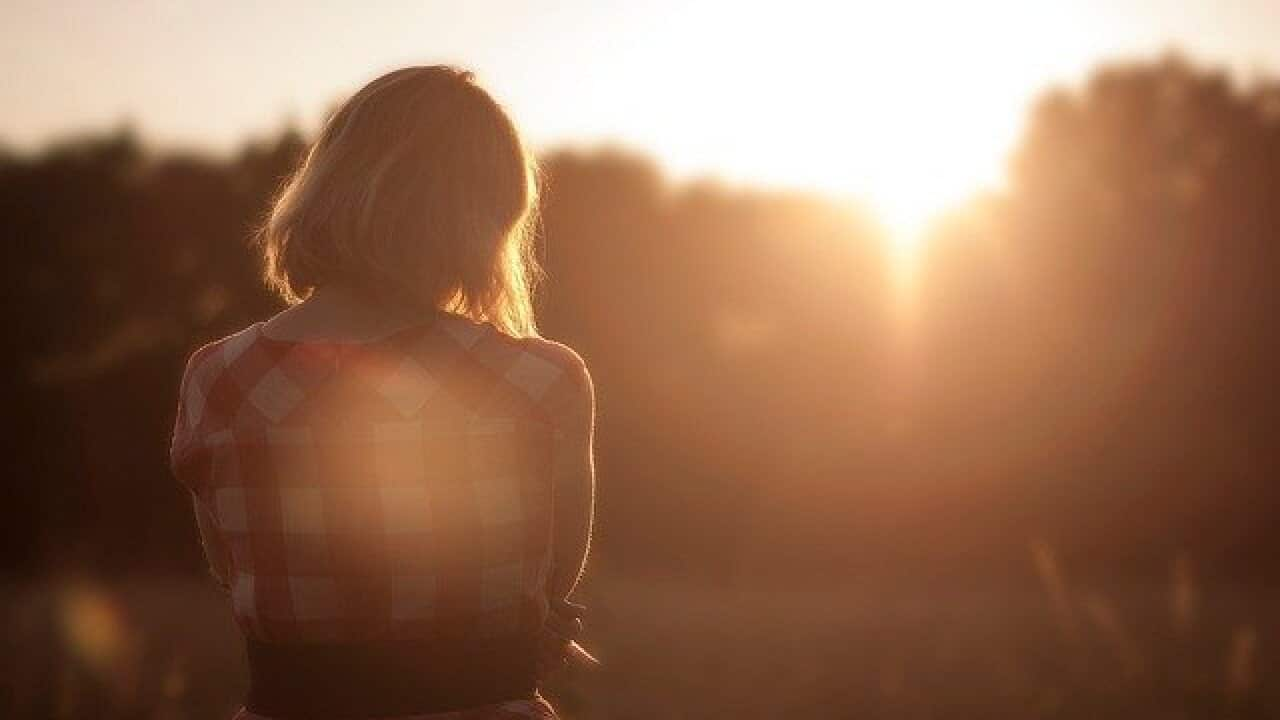Insight explores the impacts of birth trauma and what can be done to ensure better outcomes for women and their families. Giving Birth Better, Tuesday, April 20 at 8:30pm on SBS and on .
Okay, so my vagina broke - now what? It’s been six years since the traumatic birth I endured. And two years since publishing my book . Has this made a difference to mummas in the birthing scene? Have we stopped being traumatised during labour? Are we free from birth injuries? These are the things I ask myself every day.
When I sat down to write my story, I thought it was simply going to be a ‘dear diary’ type thing. I would off-load a bucket full of grief onto the pages and lock it away. It was to help me heal from the heartache and loss I suffered during the birth of my girl, Elsie.
In early 2015 I was on top of the world. Finally, pregnant with the baby girl I’d always wished for. Getting there was a journey in itself, so my husband and I thought the hard yards were behind us. Little did we know that our world was about to change - forever.
We did get to take home our little bundle of joy, who was by all accounts healthy. What we didn’t get to take home was - me. The person I once was, never got to leave the hospital that day.

Stephanie said she left the hospital a different woman. Source: Supplied
At the time I was constantly being told by my midwives that it was all ‘normal’ to have these physical injuries from ‘natural’ childbirth and that I would bounce back to the old me soon. I held out for that day for years and it never came. The were never going to heal. My muscles were torn off the bone during the forceps, vacuum and episiotomy delivery. I’m not sure on what planet any of that should be considered normal or natural.
I lived with these physical and emotional injuries in silence and with zero support from the very place they occurred because it’s considered ‘normal’. When attempts were made to address these, I was made to feel like my birth was an anomaly, like I must have failed at what they taught me, or I was just unlucky.
Imagine if you went in to have a knee replacement and it was considered ‘normal’ to wake up without a leg at all and say, ‘oh well, it can happen’. Do you really think we would say that was ‘normal’, or would we be finding ways to change this? My guess is the latter.
Not too long after my book was published, I realised that my journey was not actually unique. Sadly, it is very common. It was like my eyes had been open to a whole other world of birthing ‘truths’. The ones that all of a sudden everyone was sharing with me. I just remember thinking ‘why wasn’t I told this’ or ‘why did I not see this in any of the baby books?’. Words like episiotomy and prolapse were unheard of until when it was too late for me.

Stephanie wants to make sure her daughter never has to experience what she did. Source: Supplied
So, if other mummas like me have been living with this ‘normalisation’ of birth trauma and injuries for so long, isn’t it time we say NO. Enough is enough!
Saying I need to ensure this is not going to be ‘normal’ by the time my girl is ready to become a mumma is one thing. Writing the book was only step one in creating the seed of conversational change. Discovering ways to live with my new ‘normal’ and finding my voice to be able to speak about what happened to me is my happy ending.
What is still untold and misunderstood is the fact that women living with prolapse will suffer in different ways. My prolapse involves three separate organs as the muscles are detached from the bone. While some women can have physiotherapy and wear a pessary to return to their (somewhat) normal, there are still so many of us who can’t. No number of Kegels will ever get me back running. I find it hard to simply walk to my letterbox.
There are organisations and individuals working hard in this birth trauma space. While we still have a long way to go, it does feel like we are on the verge of being able to smash the taboos of talking all things; periods, sex, vaginas, birth and beyond. It simply can’t be ‘women’s business’ anymore, it's everyone's responsibility to ensure we are talking and making the necessary changes.
What comes next remains to be seen. But it seems to me we should focus our energy at the beginning- before birth, not afterwards when it is too late. This mustn't happen to our own girls.












